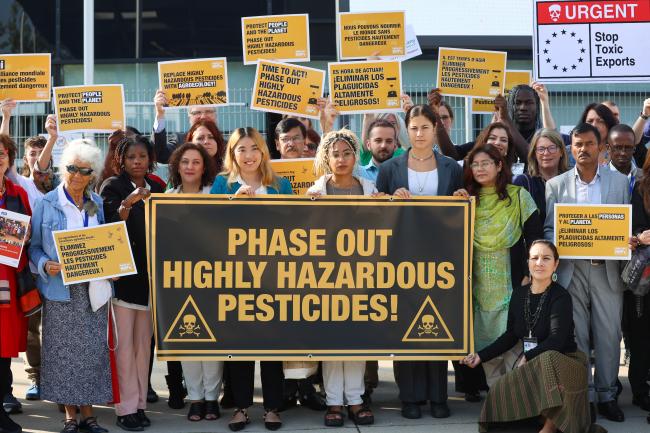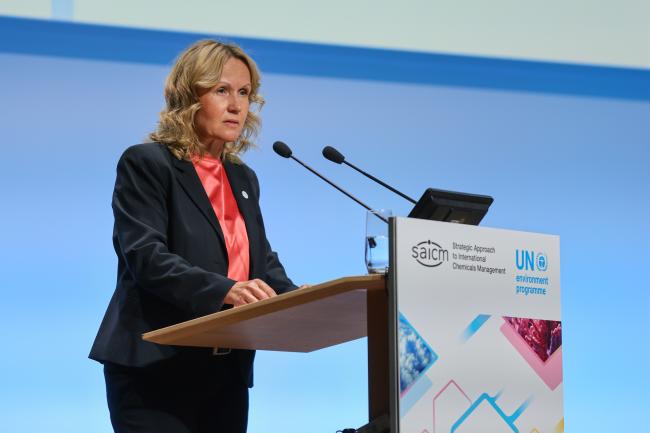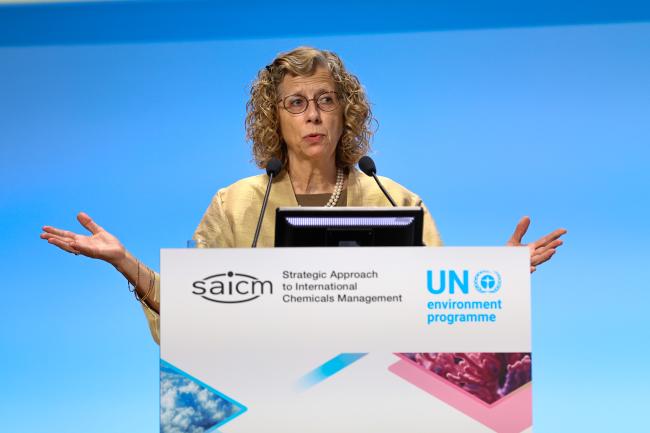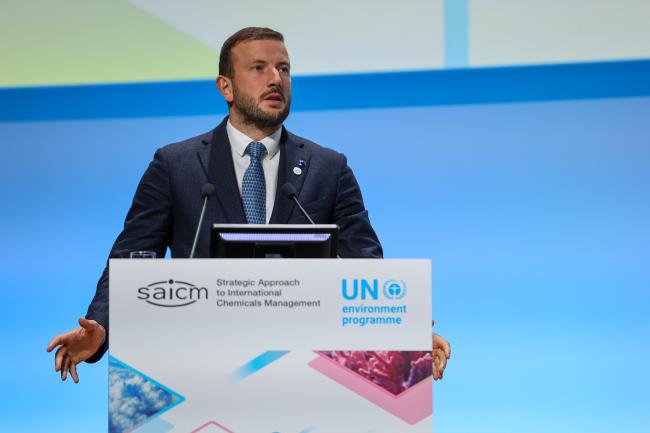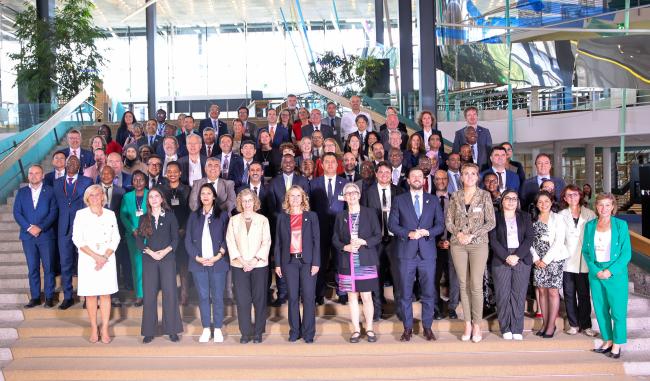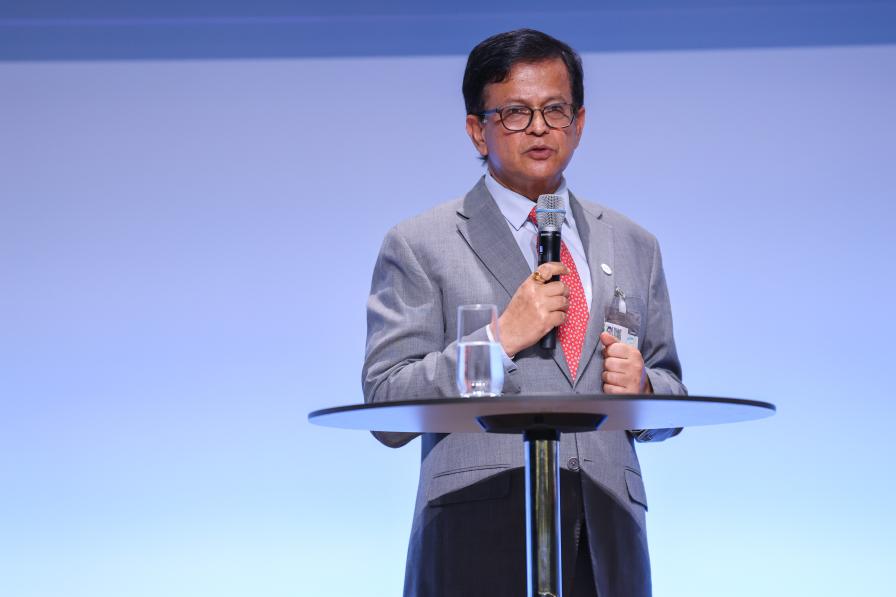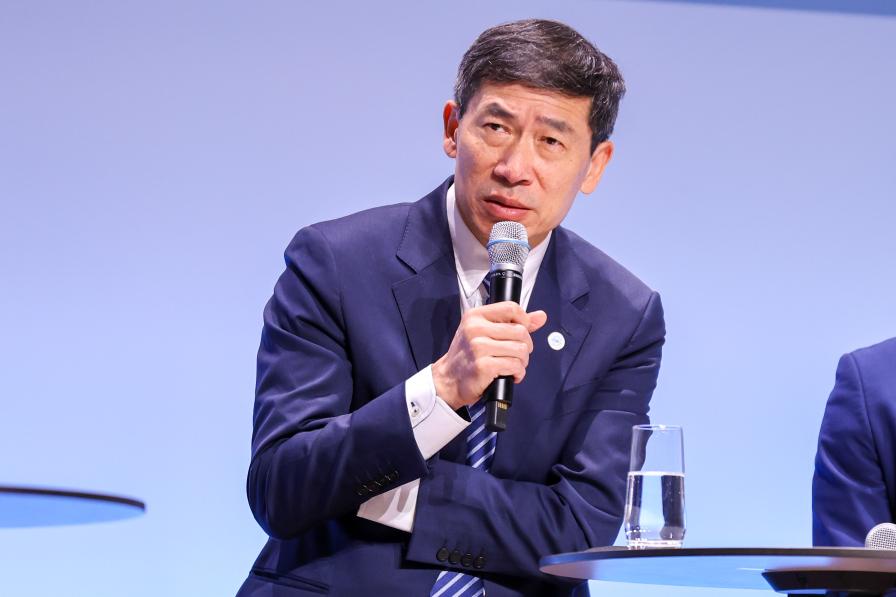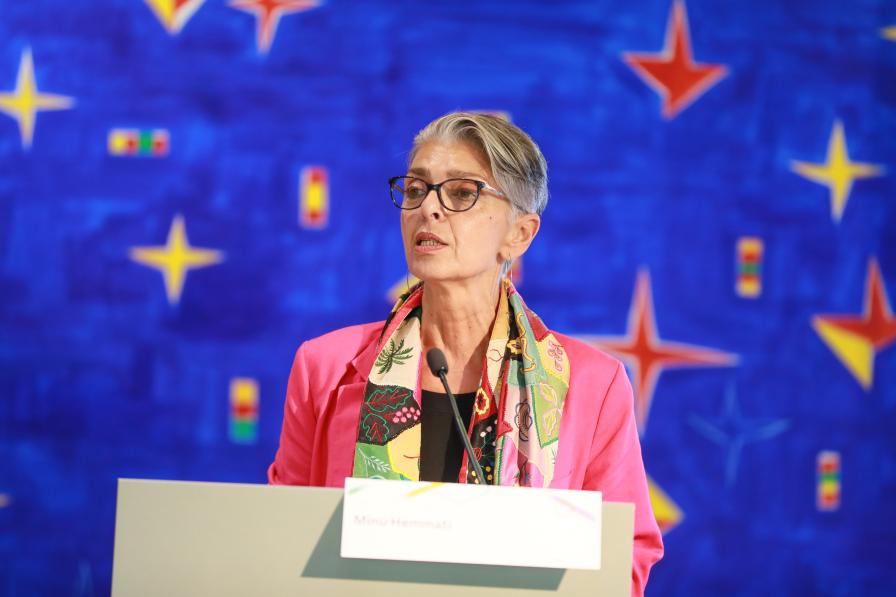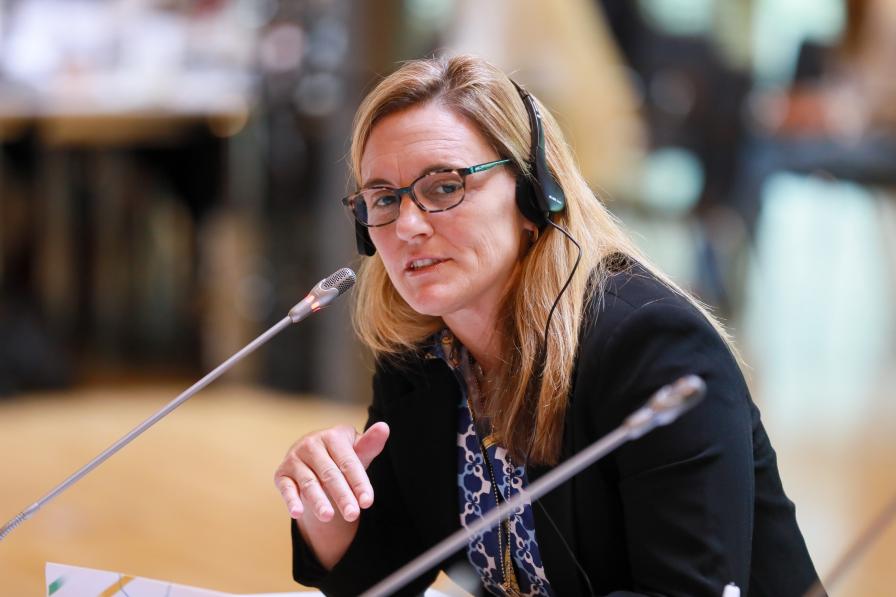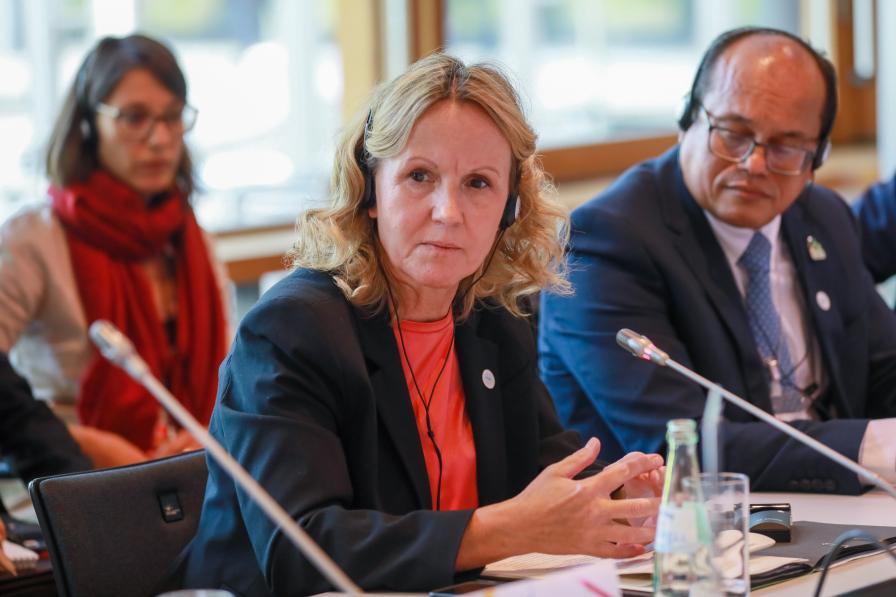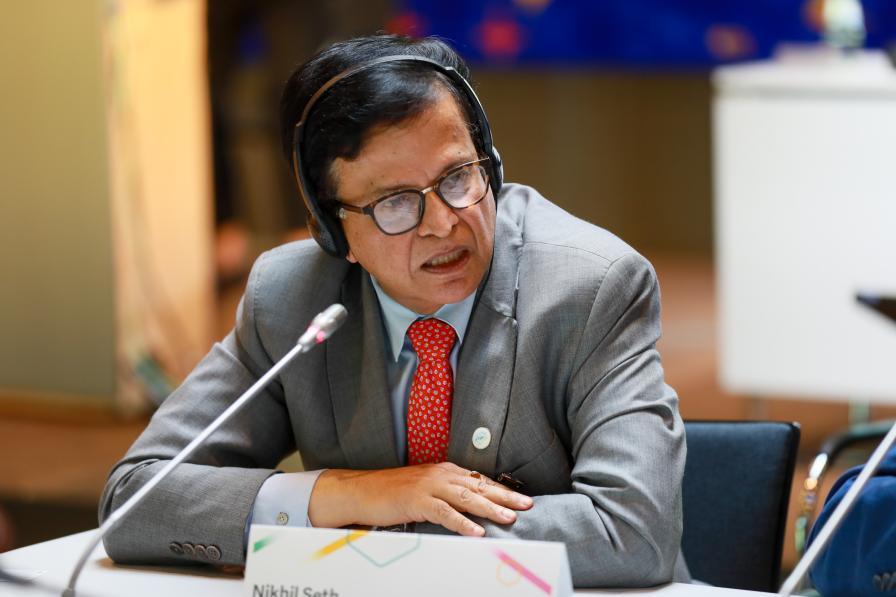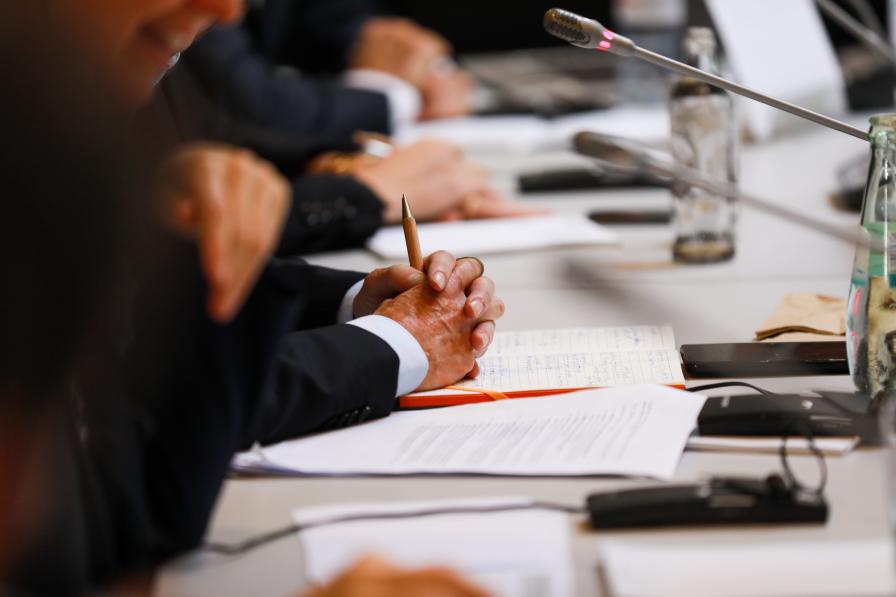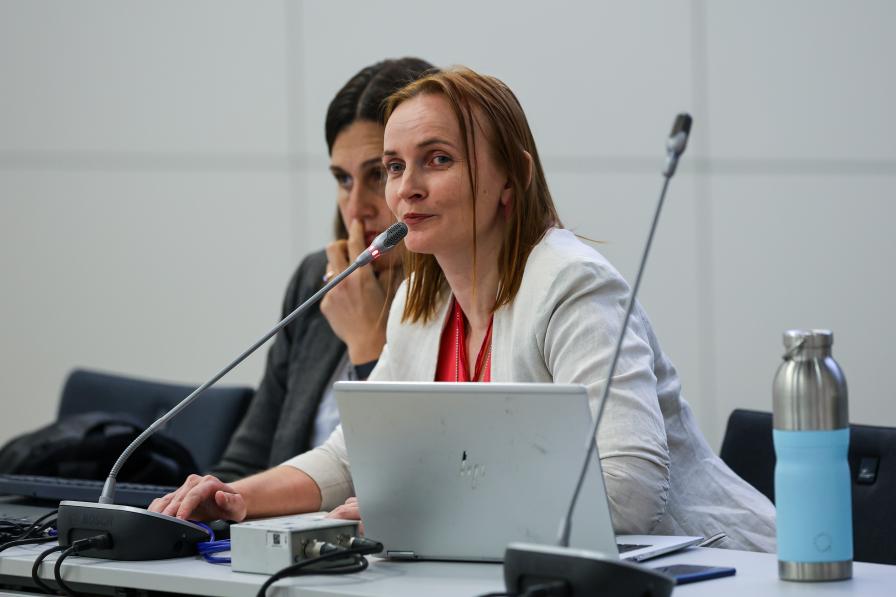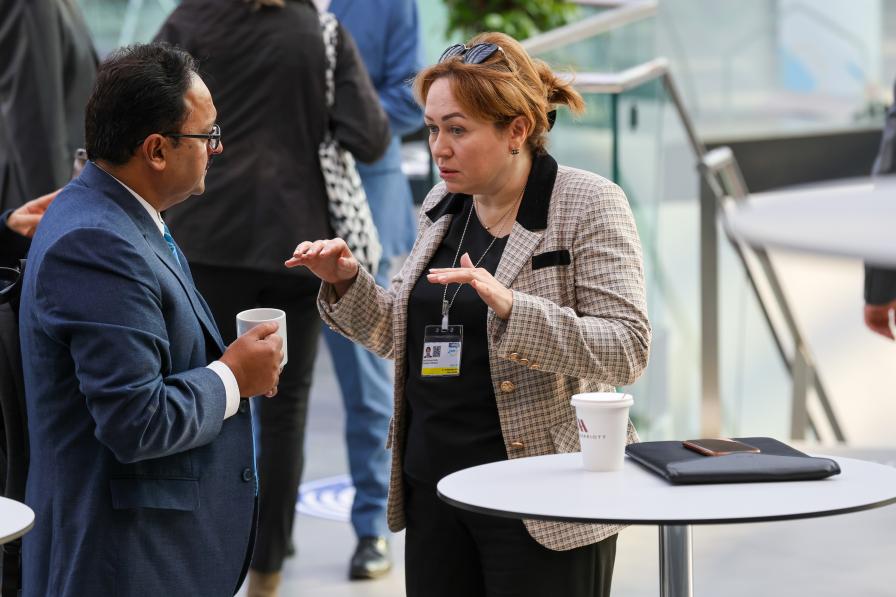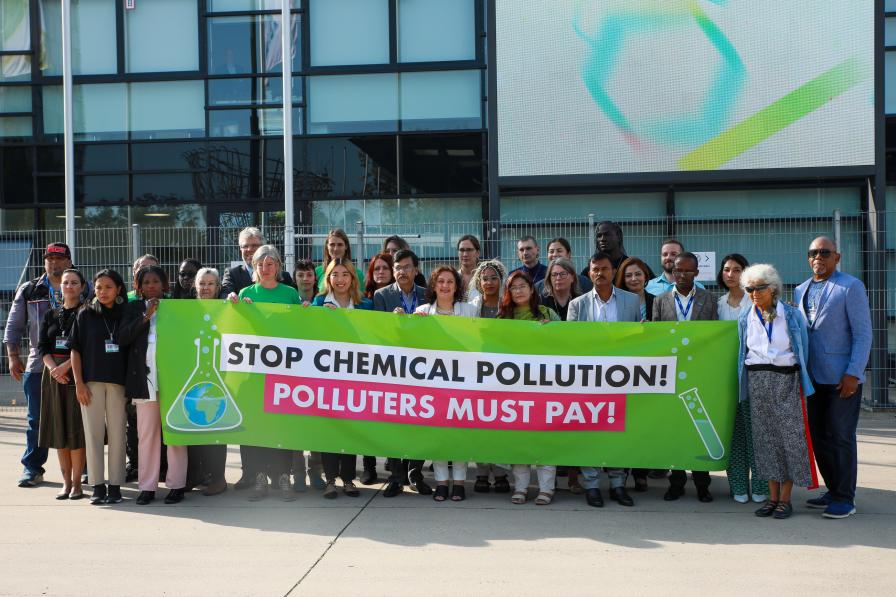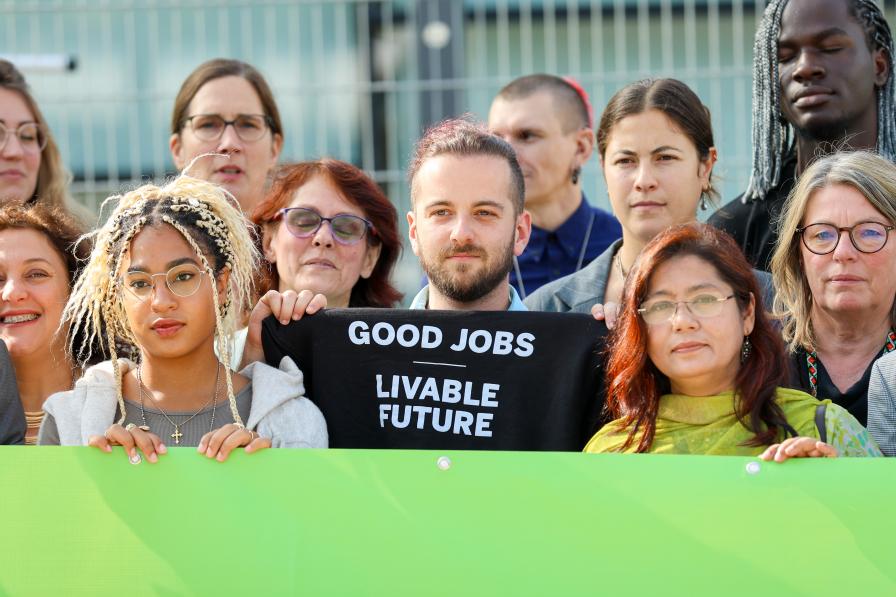The High-level Segment (HLS) opened with many calls for an ambitious new global framework and High-level Declaration on the management of chemicals and waste, while negotiators toiled in multiple groups throughout the day to make that happen by Friday.
Want to dig deeper? Read the full Earth Negotiations Bulletin daily report.
During the HLS, German Chancellor Olaf Scholz urged the Conference to adopt ambitious commitments that can provide guidance and serve as a point of reference for other initiatives. German Environment Minister Steffi Lemke echoed the call and announced that Germany will donate EUR 10 million toward the framework’s efforts on capacity building, knowledge sharing, and helping countries strengthen their chemical management regimes.
Inger Andersen, Executive Director, UN Environment Programme (UNEP), called for adopting a framework “in the strongest, most specific and most inclusive terms, backed with the right finance for developing nations.” She said that in just the three years since ICCM5 was originally scheduled to occur, close to six million people have likely died from direct chemical pollution, countless ecosystems and species have been polluted and poisoned, and trillions of dollars in damages have likely been incurred.
Valerie Hickey, Global Director, Environment, Natural Resources and Blue Economy, World Bank, called for political action towards solutions for the safe use of chemicals with a focus on tracking progress, increased financing, and developing partnerships.
Marcos Orellana, UN Special Rapporteur on Toxics and Human Rights, urged a right-based approach to tackling chemical pollution.
European Environment Commissioner Virginijus Sinkevičius underlined the strong linkages between integrated action on chemicals and waste and achieving the 2030 Agenda on Sustainable Development.
Youth representative Racheal Nestor announced the “first ever” youth declaration on chemicals and waste.
At a morning stock-take of the negotiations, it became clear that while the Contact Group on Resolutions had finalized all but two draft texts assigned to it, many more draft resolutions to be adopted by ICCM5 were still pending agreement. Key portions of the framework text also remain bracketed. This state of play prompted President Anita Breyer to send negotiators back to work.
Meanwhile, the Friends of the President group continued parallel discussions to finalize the High-level Declaration, while small informal groups worked throughout the day to forge compromises in the sections on scope, finance, and targets of the framework.
Despite the efforts made, progress on scope and targets was slow. The Informal Group on Finance switched to negotiations on the sidelines on a possible comprehensive package that would include a compromise on the framework’s financial considerations text, the finance target, and a proposal to create a fund similar to SAICM’s Quick Start Programme (QSP). Proponents envisage that the new fund would use USD 2.5 million left over from the original QSP plus the EUR 10 million pledged by Germany.
Negotiations resumed in the Committee of the Whole (CoW) during the evening.
To receive free coverage of global environmental events delivered to your inbox, subscribe to the ENB Update newsletter.
All ENB photos are free to use with attribution. For the 5th International Conference on Chemicals Management and Resumed 4th Meeting of the Intersessional Process for Considering SAICM and the Sound Management of Chemicals and Waste Beyond 2020, please use: Photo by IISD/ENB | Mike Muzurakis.
High-Level Segment

From L-R: Nikhil Seth, Executive Director, UN Institute for Training and Research (UNITAR); Haoliang Xu, UN Under-Secretary-General and UN Development Programme (UNDP) Associate Administrator; Ciyong Zou, Deputy to the Director General and Managing Director, UN Industrial Development Organization (UNIDO); Maria Neira, Director, Environment, Climate Change and Health, World Health Organization (WHO); and Joaquim Pintado Nunes, Chief, Labour Administration, Labour Inspection and Occupational Safety and Health Branch, International Labour Organization (ILO)

